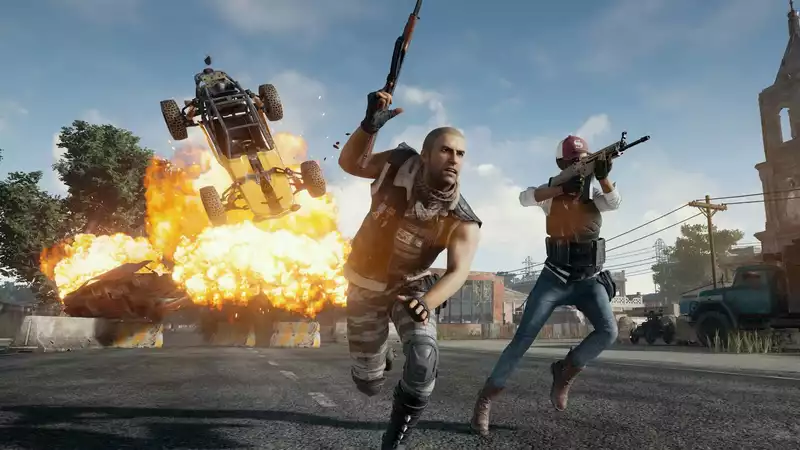Krafton, the developer of PUBG, has released a new blog post from its anti-cheat team. Every week, PUBG: Battlegrounds' anti-cheat team identifies and permanently bans an average of 60,000 to a maximum of about 100,000 accounts involved in the use, distribution, or sale of illegal software Krafton says a "more comprehensive approach" is needed, and until the cows crow It has stated that while it is possible to permanently ban accounts, it recognizes the need for a "radical solution" to analyze and track misbehaving accounts
and that "the focus of the banning process is to identify and track the accounts that are doing the wrong thing.
The focus is on accounts used to cheat in ranked mode, which fall into two categories: accounts created before PUBG moved to a free-to-play model (January 2022), according to Krafton's analysis, and accounts that have been permanently banned, which Krafton says were created before the game was launched. According to Krafton, this does not mean that these accounts have been cheating for years and were finally discovered, but "rather implies that the cheaters likely obtained the accounts of other players and began using illegal software with the accounts they obtained. ."
This is a very simple ploy. The fraudster steals a legitimate account, sells it to the cheater, and the cheater is left to feast on chicken dinners until Krafton bans the account.
The Survival Mastery Level element means that newly created accounts cannot play in ranked matches until they reach level 80, but "certain cheaters can earn mastery level experience points through repetitive actions facilitated by a player's macro, They have established so-called "workshops." They use this to boost and sell new accounts or hacked accounts that have not reached the required level.
Krafton has stated that it has had enough and wants to address this supply of accounts behind much of the cheating in PUBG. Previously, they focused on pattern spotting to identify hacked accounts, but this involves new abuse under the radar and the inaccuracy of detection makes it difficult to apply serious penalties such as permanent bans (suspicious behavior is not cheating, but a legitimate player There were problems with this, such as the fact that there is always the possibility that a legitimate player is just acting suspiciously.
So PUBG's anti-cheat team set out to develop a machine learning model that could "learn the characteristics and patterns of mastery-level cheating." This began to be used this year, with great success, as Krafton "expanded and refined its criteria for detecting disruptive players." The number of bans issued against disruptive accounts has more than tripled compared to before the model was introduced. Additionally, the internal monitoring process for suspected disruptive players/accounts has continued to improve and the number of account vendors monitored has decreased. We have also seen an increase in the prices of these accounts."
Now this is a true measure of success for the two: cheat sellers are finding it difficult to generate these accounts, reflected in the price increases, and some seem to have moved on from PUBG entirely.
Krafton has also built a machine learning model that can detect hijacked accounts, and while this does not appear to have been in use as long as the first one, it has reached a stage where it "can identify the size and attributes of these accounts and use this information effectively. He is currently working on improving the accuracy of this model and applying it to "a variety of anti-cheat measures."
The post reiterates that these measures are "aimed at the source" of fraud and tells players to secure their accounts by installing the Steam Guard Mobile Authenticator, etc.
Accounts of 60,000 to 100,000 per week are wildly overblown and show why companies are considering AI models to stem the flow. Krafton is not the only major publisher with such ideas, and some of the latest developer ideas are really interesting. Call of Duty's latest anti-cheat technology takes the game into psychological warfare by "hallucinating" hackers, and Ubisoft has crushed thousands of hackers with something called QB, but wisely, no one knows what it is.
.

Comments